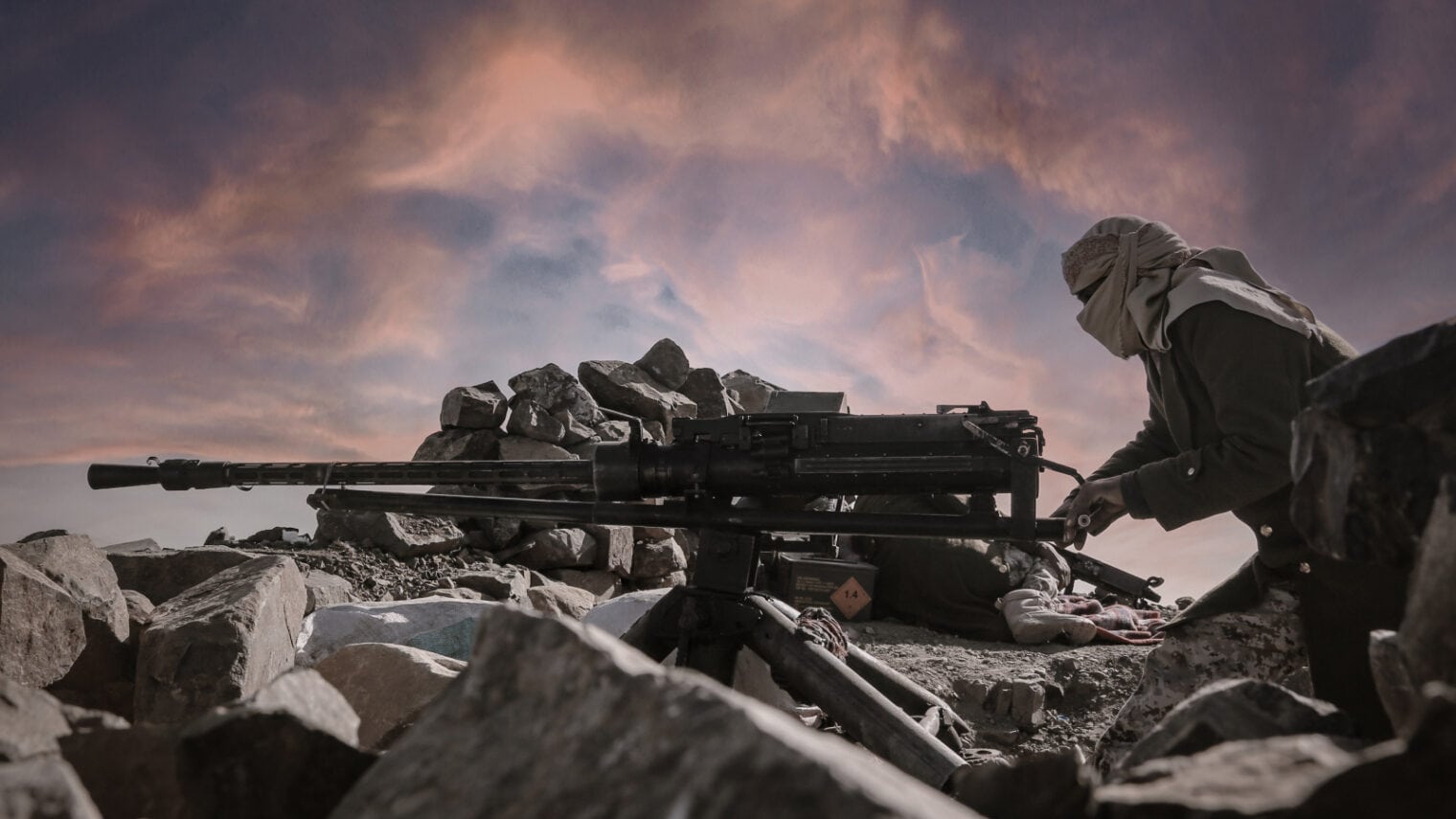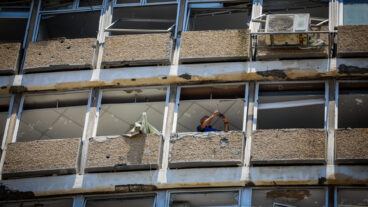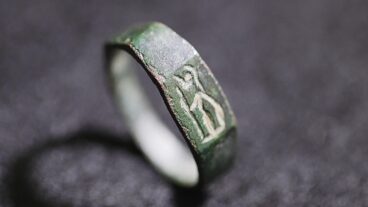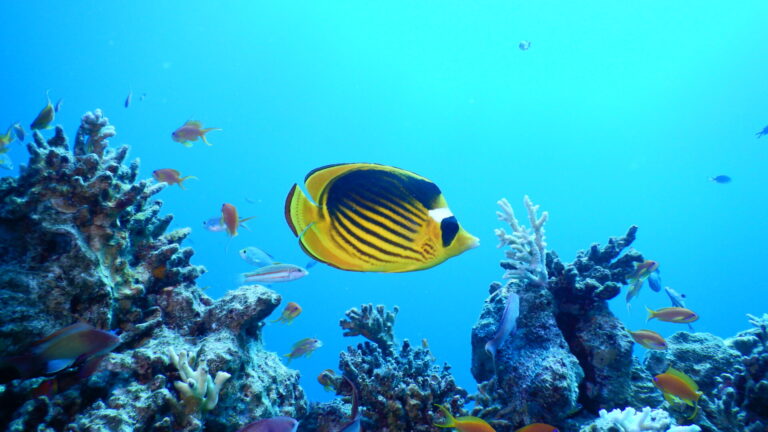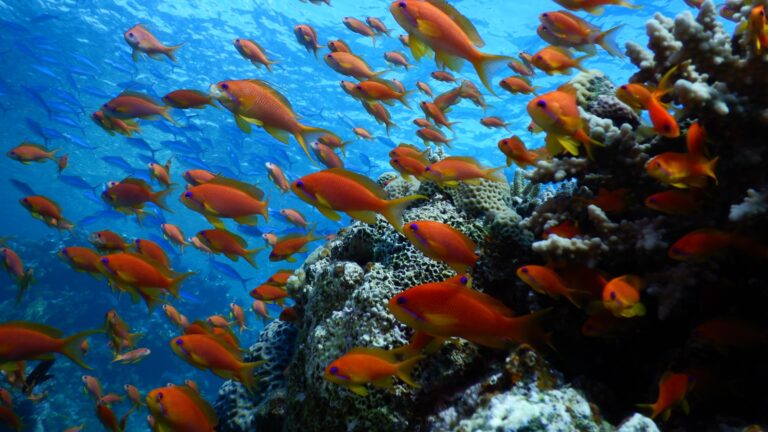Soon after the outbreak of war on October 7, Israelis had to start rolling a new name on their tongues – Houthis.
These insurgent rebels in faraway Yemen had always posed a problem for countries such as its northern neighbor, Saudi Arabia.
Now, Israelis suddenly had to contend with them shooting missiles at Israel and attacking cargo ships sailing through Bab al-Mandab, a strait between the southern Red Sea and the Gulf of Aden. This is a strategic passageway for vessels bearing goods to Israel at the top of the Red Sea, and to many other countries through the Suez Canal.
Why did the Houthis suddenly feel the urge to involve themselves in the war raging between Israel and Hamas? What are their goals? And who are their allies?
ISRAEL21c turned to Inbal Nissim-Louvton from The Forum for Regional Thinking to get the lowdown.
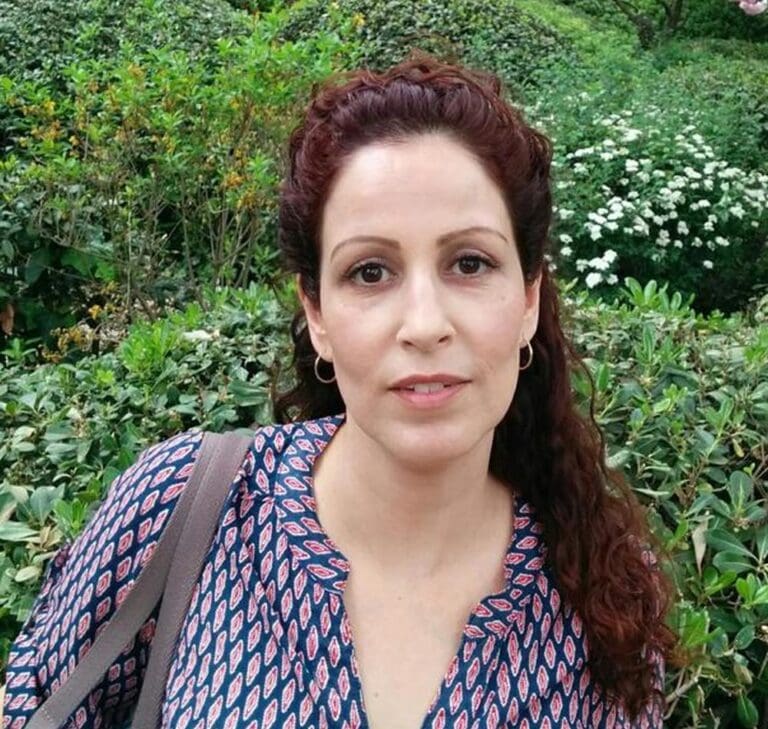
“At its base, the Houthis are a revival movement of the Shi’ite, Zaydi Islam,” explains Nissim-Louvton, whose research focuses on contemporary Yemen. “It’s a religious revival group that’s seeking to restore the vitality of Zaydi Islam.”
The movement grew in northern Yemen, in a mountainous area in the Saada district.
“In the 1990s they began activities in youth clubs and institutions that were related to religious indoctrination, but also focused on leisure activities for young people,” she says.
“These activities were also meant to counteract the influences of Sunni Wahhabi Islam, which came over from Saudia Arabia. They wanted to push out this influence, because they were worried that young Zaydis were abandoning Zaydi Shia.”
Furthermore, the Houthis felt they were not allocated enough resources, development or political representation in their northern periphery region.
In 2004, young armed Houthis began waging war against the central administration. “By 2010, they had gone through six quite serious rounds of war,” Nissim-Louvton notes. Their protest movement became incorporated in the Arab Spring in Yemen in 2011.
“When they understood that diplomatic attempts to find a solution for their problem within a national dialogue framework failed, they started a civil war. By the end of 2014, they reached the capital city of Sanaa and overtook it.
“At the beginning of 2015, the neighboring Saudis felt that they must become involved in a more significant way, and established a coalition against the Houthis, mostly of Arab countries, and supported by the West. This is how this internal civil war received a regional dimension, as the Saudis, Emiratis and Iranians got involved,” says Nissim-Louvton.
Why Israel?
So why did this insurgent group from mountainous northern Yemen associate itself with the war in Gaza, fire missiles and UAVs toward southern Israel, and block ships sailing through the Red Sea?
“Part of their ideological framework has to do with hatred for Israel and the United States. This incorporates anti-Semitic dimensions, as well as support for the Palestinian cause,” Nissim-Louvton says. “What we’re seeing now is an expression of their pro-Palestinian sentiment.”
But that’s not all.
“It’s also about their alliance with Iran. Their military capabilities are largely the result of Iranian support. And it’s also about their wish to garner support in Yemen and neighboring countries – it magnifies their status, papers over problems they’re experiencing at home and brushes aside the difficulties they’re encountering in the areas under their control.”
Nissim-Louvton also thinks the Houthis’ aggression against Israel is a power move regarding Saudia Arabia, with which the Houthis are negotiating to end their war.
“Their recent activity serves as leverage to receive better terms in the deal that they’ll be signing. It’s also about deterrence and demonstrating that they’re a regional power.”
Not an Iranian proxy?
Nissim-Louvton stresses that the Houthis are not Iranian proxies.
“Despite what people might think, the Houthi connection to Iran is not very old. It’s likely that the Iranian support of the Houthis began only in 2009 … or even later,” she notes.
“We shouldn’t underestimate the level of aid Iran is providing the Houthis, whether in terms of arms smuggling, strategy or support in the media – any aspect you can think of, it’s there. But it must be noted that these are not proxy relations like some are saying. It’s very important for the Houthis to maintain independence of action, a fact that they mention time and time again.”
The situation has evolved, Nissim-Louvton says.
“At the beginning of the war in Gaza, the Houthis said in the media that if Israel won’t stop its actions, they would get involved and shoot over missiles and UAVs, and that’s what they’ve done.
“After about a month, they also opened a maritime front, because they realized that the Israeli defense systems are repelling the attacks on the south of Israel, and that these are not constituting a serious threat.
“So they turned to the sea and violated the safety of sailing in the Red Sea by announcing that they’ll harm any ship that is connected to Israel, even if very loosely, for example if it has Israeli owners, is carrying goods meant to arrive to Israeli ports or carrying Israelis on deck.”
It’s important for the Houthis to frame their actions in relation to Israel, and to say that their plan is not to substantially harm shipping per se, she explains.
“And since the United States established a coalition for the protection of the Red Sea, the whole thing has become even more tense. It’s all very fragile.”
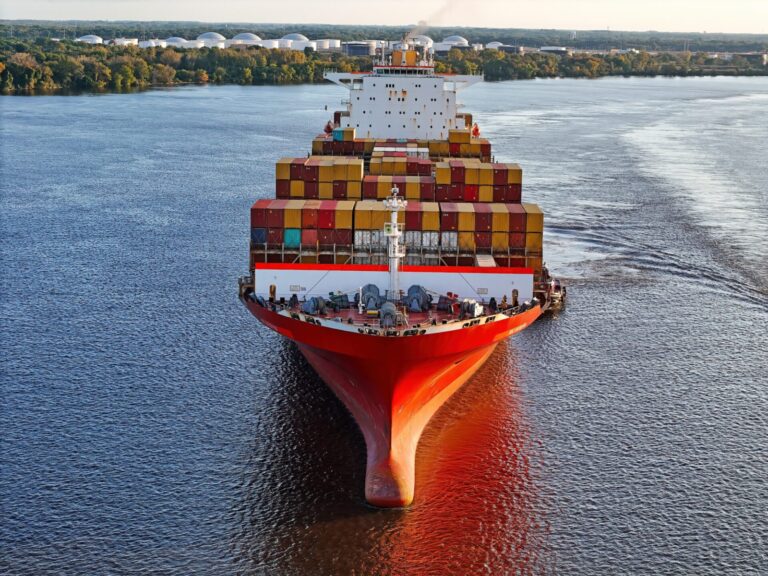
Escalating tensions in the Red Sea
Tensions in the Red Sea have escalated since the outbreak of war.
In November, the Houthis overtook the commercial vessel Galaxy Leader, and have launched dozens of missiles on other vessels that in some cases were shot down by US and British navy ships.
On January 10, the United Nations Security Council passed a resolution condemning the Houthi attacks in the Red Sea, calling on them to stop, and the US and UK have threatened to step up their response.
And last week, American and British forces attacked Houthi targets, in an operation that garnered world headlines.
“The whole affair is international, and the response to the attacks has been rather wary. We must remember that it’s not about Israel and the Houthi rebels in Bab al-Mandab, but about an area with vessels from around the world,” Nissim-Louvton says.
“I think that what we saw was a response that was quite expected. The British and Americans attacked what they called strategic facilities,” she says.
What next?
“The effect, at the moment, is not very great, since in a certain sense it’s more of the same, of what happened in the war that Saudi Arabia led. And yet, we can understand that on a declaratory, even visual level, the Houthis’ actions require a response.”
If things don’t escalate, she says, we’ll continue to see a defensive response. “The Houthis will try to take over vessels, and the coalition will run them off – it’s a dynamic that can last a very long time.”
The Houthis are “continuing to declare that they’ll hurt whoever tries to attack them. In their view, the operation being led by the United States is pro-Israeli, and that sits well with their ideological slogan.”
Houthi actions are blurring criticism of them both inside Yemen and out of it, she says.
“Even their biggest opponents in the Arab world can’t really criticize them for helping out the Palestinians. And it’s a little embarrassing for other, large countries, such as Saudi Arabia and Egypt, who aren’t doing enough for the Palestinian cause.”
Growing coalition
Nissim-Louvton notes that the coalition against the Houthis now numbers around 40 countries.
“The coalition is growing, even if on a declaratory level, and I think that’s a positive development. It takes things out of the framework that the Houthis are trying to give their operations – that it’s them against Israel. We’re seeing that’s not the case, that this is international.”
The problem is that there’s very little that can deter the Houthis.
“How do you stop them? They’ve been at war since 2014. As asymmetrical as things are, overall they’re on top. Perhaps in a limited way in terms of their actions, but I find it hard to see how they can be stopped,” Nissim-Louvton tells ISRAEL21c.
“I think that they’re a player that can’t be ignored at this point,” she concludes.
“They’re definitely a regional player, and even an international player to a certain extent because they sit near an important shipping route, disturbing the peace and causing international-level problems. They’re a very local power, with limited capabilities, but these are still enough to disturb the peace and balance.”




